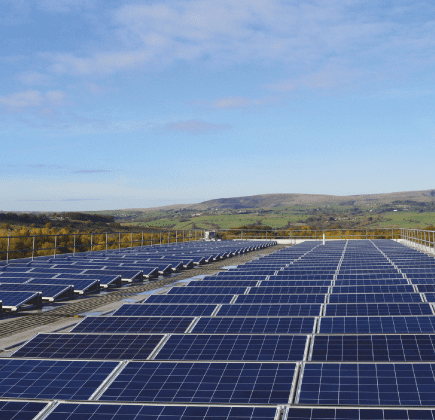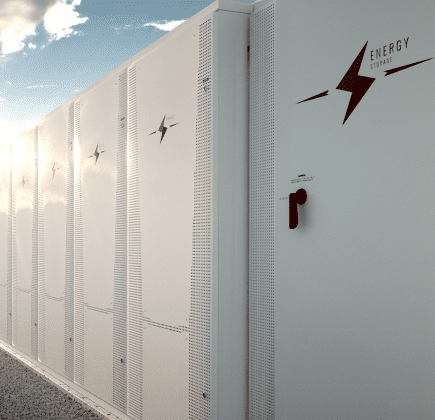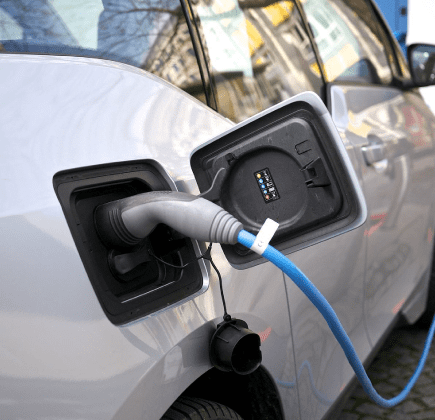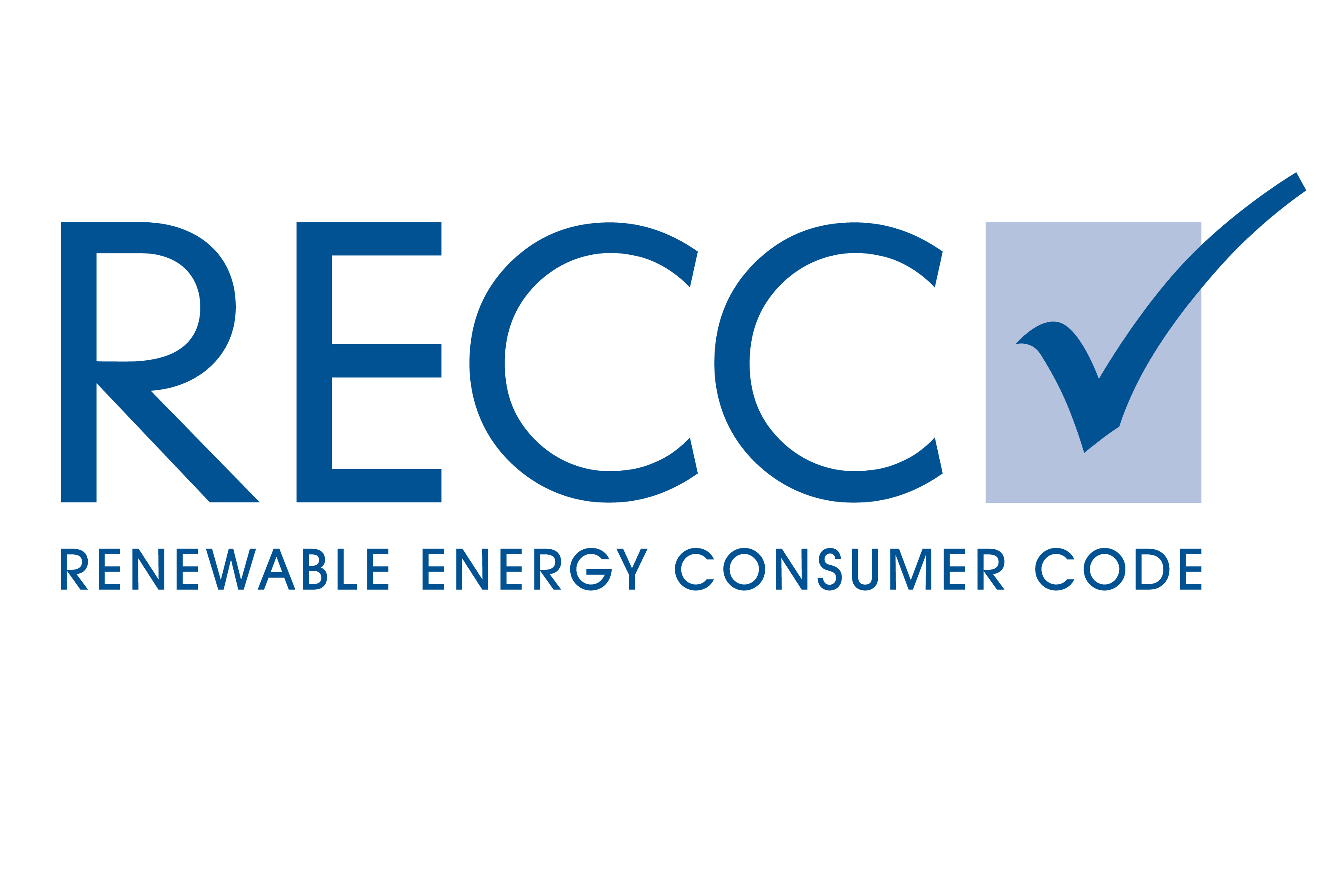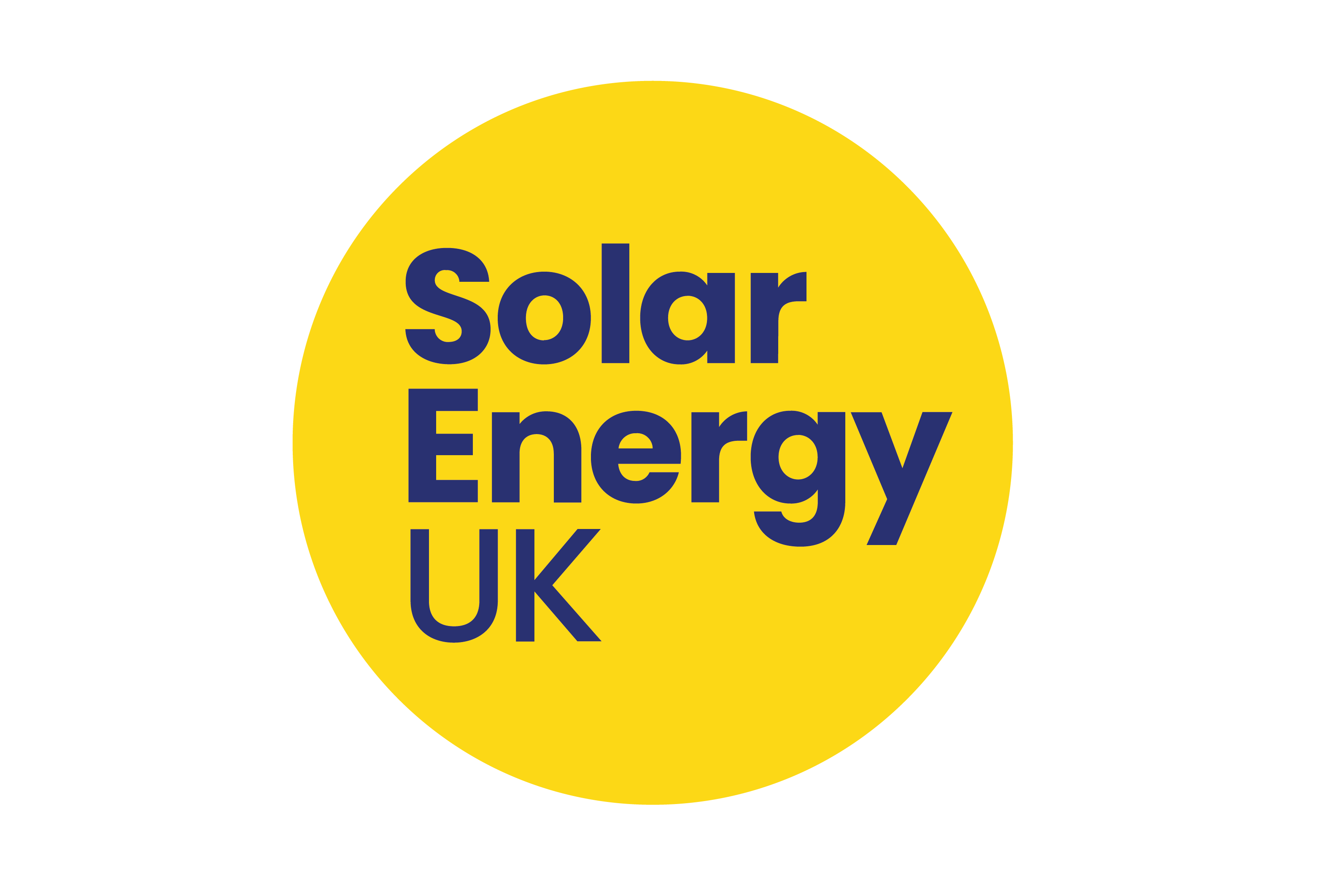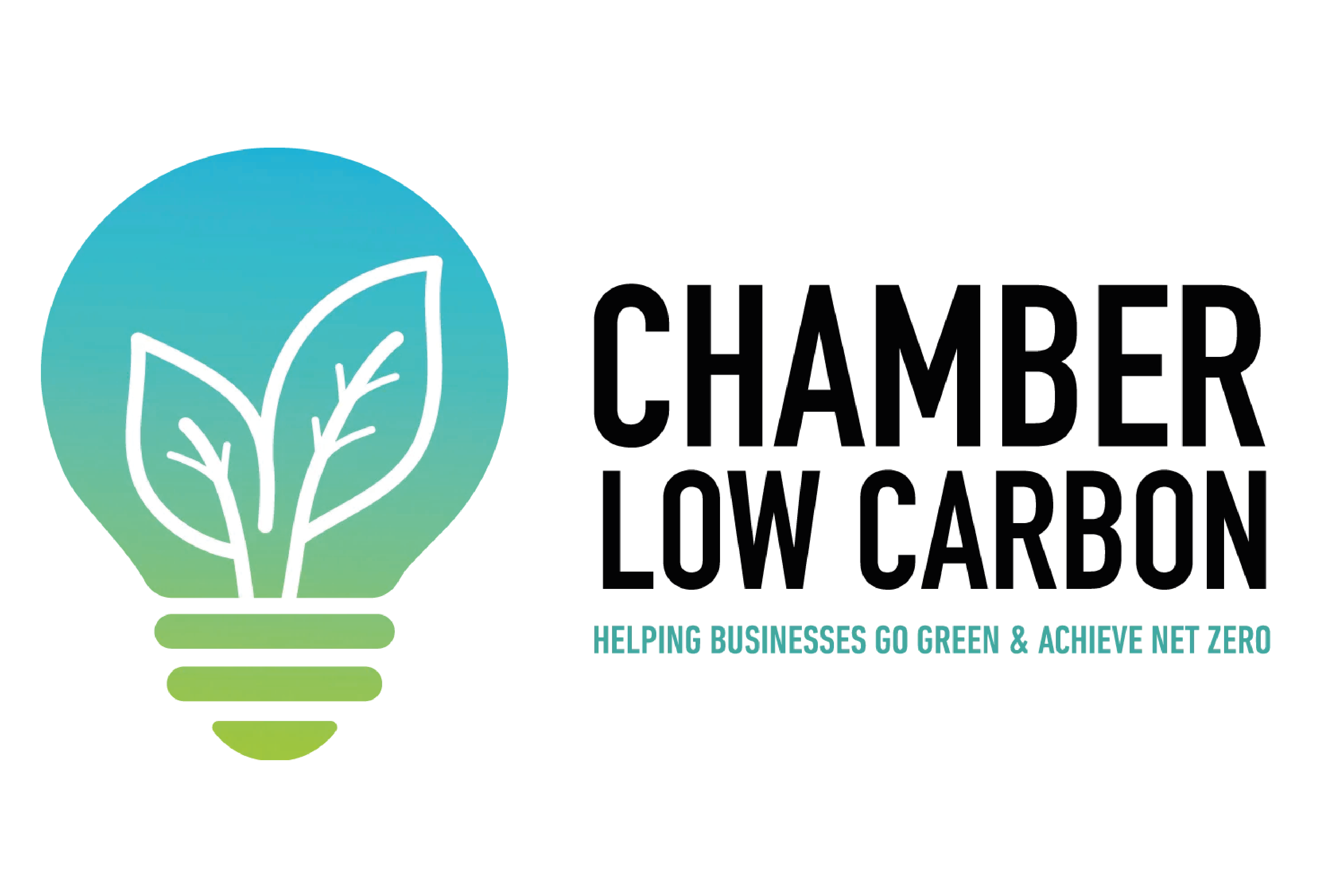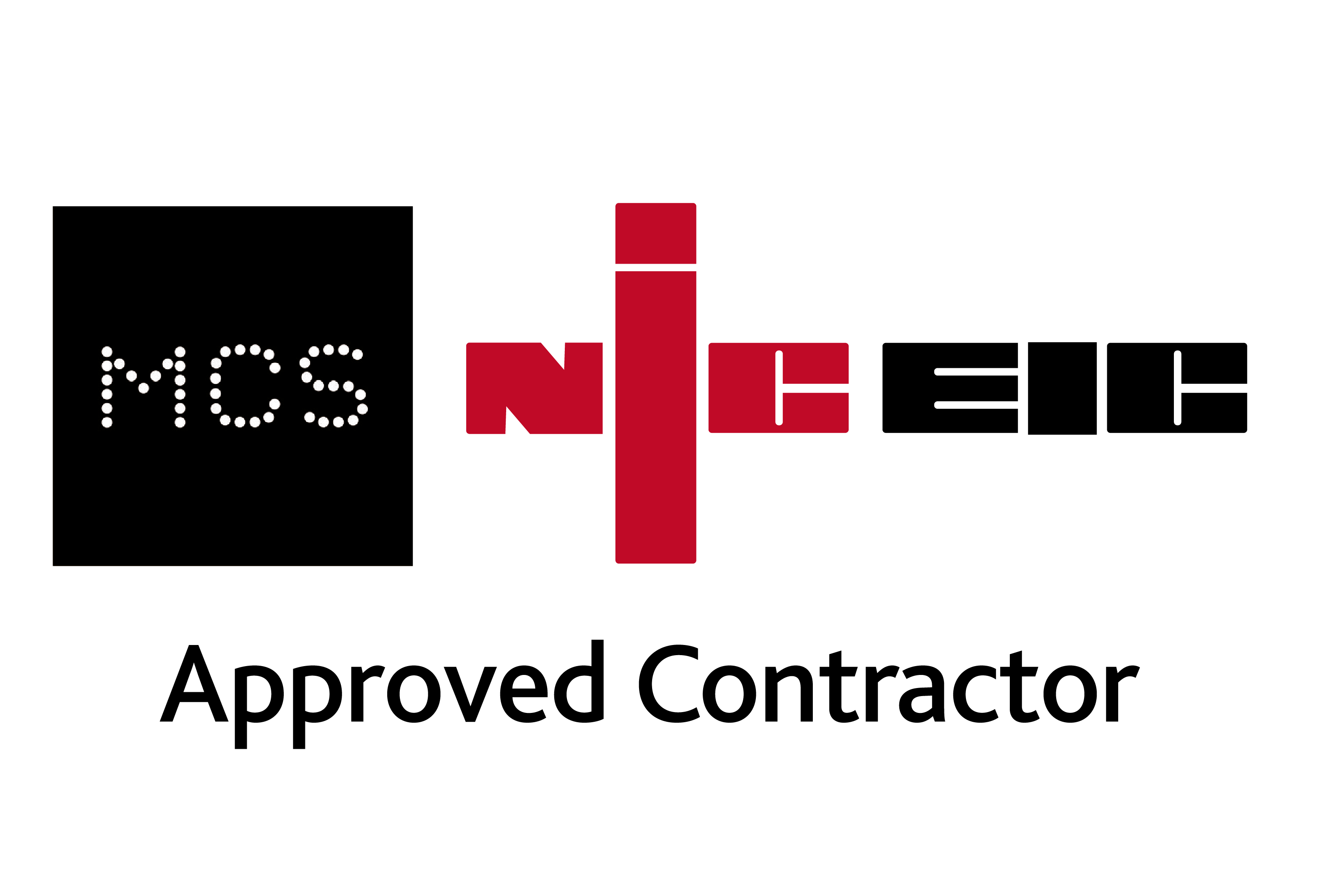
How much will energy prices rise in October 2024?
How much will energy prices rise in October 2024? The question on all of our minds at the moment.
As we approach October 2024, households and businesses across the UK are once again preparing for a significant rise in energy costs.
The energy regulator Ofgem has confirmed changes to the Energy Price Cap, which will affect gas and electricity prices. These changes, set to take effect from 1st October, are driven by ongoing fluctuations in wholesale energy prices, and most of us will feel the impact.
At Low Carbon Energy, we’re exploring exactly how much energy prices will rise, what it means for consumers, and why now might be the time to explore alternative energy options such as solar energy…
Who is Ofgem, and what is the Energy Price Cap?
Ofgem, the Office of Gas and Electricity Markets, is the independent regulator for energy companies in Great Britain.
Its job is to oversee gas and electricity suppliers, ensuring fairness for consumers. One key measure is the Energy Price Cap, which limits what suppliers can charge per unit of gas and electricity, as well as the daily standing charge (the fee for keeping your home connected to the grid).
The Price Cap is reviewed every three months and, from October, it will rise due to recent increases in wholesale energy prices. Here’s a breakdown of the new rates:
Electricity
- Standing charge: 60.99p daily (from 60.12p) – an overall increase of 1.4%
- Unit charge: 24.5p per kWh (from 22.36p) – an overall increase of 9.6%
Gas
- Standing charge: 31.66p daily (from 31.41p) – an overall increase of 0.8%
- Unit charge: 6.24p per kWh (from 5.48p) – an overall increase of 14%
What does this mean for your energy bill?
In short, the Energy Price Cap has risen by 10%, which will directly affect what most households pay. Here’s how it breaks down:
- If you pay by monthly Direct Debit: A typical dual-fuel household will see a 10% increase, bringing the average annual cost to £1,717. This affects anyone on a standard variable tariff (basically, anyone not on a fixed tariff).
- If you prepay for your energy: Expect a 10% increase, with an average cost of £1,669 per year.
- If you pay on receipt of a bill: You’ll see a 10% rise, bringing your yearly cost to around £1,829.
Will energy prices rise again?
The rise in energy prices this October is not an isolated event. According to industry forecasts, prices are expected to stabilise, but gradual increases are likely to continue as we move further into 2025. Factors such as global energy demand, geopolitical instability, and changes in government policy all play a role in these potential price hikes.
One major influence is the UK’s progress toward becoming more energy-independent and eventually a net energy producer. By generating a significant portion of our own energy – ideally from renewable sources – the nation would be far better positioned to handle fluctuations in global markets.
Producing more of our own energy means fewer price spikes and less reliance on external factors, such as international conflicts like the war in Ukraine, which currently has a significant impact on prices.
If the UK can shift toward renewable energy sources, this would also lead to more predictable energy costs, eliminating many of the storage and supply challenges associated with imports.
How much does solar energy cost?
With energy prices rising, many businesses are looking at alternative energy sources, particularly solar energy, to reduce their reliance on the grid. But how much does solar energy actually cost?
The cost of installing a commercial solar energy system depends on several factors:
- Size of the system – Larger systems will naturally cost more but generate more energy.
- Installation complexity – Roof space, structural considerations, and accessibility all affect installation costs.
- Technology and equipment – Higher-efficiency solar panels come at a premium but may provide better long-term savings.
- Location – Solar energy systems are more effective in sunnier regions, which may influence overall returns.
On average, commercial solar panel systems can range anywhere from £50,000 to £250,000, depending on the size and complexity of the project. However, these upfront costs can be recouped over time through lower energy bills and government incentives.
Is it cheaper to use solar energy?
The potential savings from solar energy make it an appealing choice for businesses looking to cut costs. In fact, many commercial properties can expect to see around a 60-70% reduction in their annual energy bills after switching to solar. Compared to fluctuating gas and electricity prices, solar energy offers a more stable and predictable energy cost over the long term.
Additionally, businesses can take advantage of surplus energy generated by their solar panels by selling it back to the grid. This can further offset costs and provide an additional revenue stream, making solar energy an even more attractive option.
How soon do solar panels pay for themselves?
One of the most common questions businesses ask when considering solar energy is, how soon will the panels pay for themselves? For commercial solar panel systems, the payback period typically ranges from 3 to 5 years. This can vary based on factors such as:
- System size – Larger systems may take longer to recoup the initial investment but provide greater long-term savings.
- Energy usage – The more energy your business consumes, the quicker the payback period, as you’ll offset more of your grid-based energy consumption.
- Government incentives – Businesses can benefit from tax breaks and incentives that help shorten the payback period.
In some cases, businesses can see returns on investment in as little as three years, making solar panels a worthwhile investment for the future.
Reduce your energy bills
With energy prices set to rise this October and further increases likely in the coming years, now is the perfect time to explore solar energy as a solution for your business. Not only can you reduce your reliance on the grid, but you’ll also enjoy long-term savings and contribute to a more sustainable future.
Ready to take the next step? Contact Low Carbon Energy today to learn how solar panels can help your business cut costs and reduce its carbon footprint.
Call us on 01282 421 489 or begin your quote here.
 Energy Technology
Energy Technology

Powering your present. Preserving your future.
Call us on 01282 421 489

strategy be a priority?





